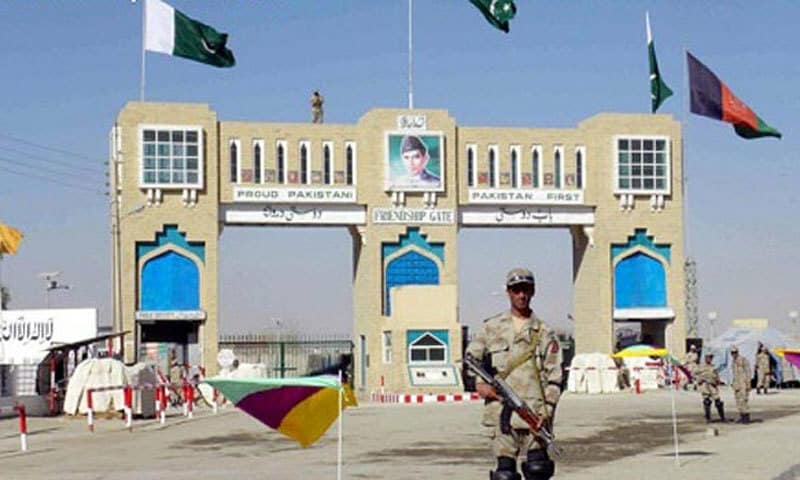QUETTA: All major border crossings between Pakistan and Afghanistan remain closed for the eleventh consecutive day amid ongoing tensions between the two neighbours.
The prolonged closure of key border posts, including those at Chaman and Torkham, is having a severe impact. Trade, transportation, and the local economies on both sides have been brought to a near standstill.
The situation has led to long queues of stranded cargo trucks loaded with essential goods like cement, medicine, clothing, and fresh produce worth millions of rupees. The halt in trade has also caused food prices to rise.
Beyond commerce, the closure is causing a human crisis. Travel based on visas and passports has also been suspended, leaving thousands of passengers stranded. Reports from Chaman indicate that approximately five thousand Pakistani citizens are currently unable to return home and are facing significant difficulties. In Afghanistan, hundreds of daily wage labourers have lost their income.
Despite the severe effects, official and diplomatic talks are reportedly underway to resolve the dispute. The aim is to reopen the border crossings to restore normal life and promote friendly relations.
Also read: Border tensions halt Pakistan-Afghanistan trade, causing billions in losses
The trade between Pakistan and Afghanistan has come to a complete standstill following intensified border tensions that erupted on October 12.
The suspension of cross-border trade has led to losses worth billions of rupees, with thousands of cargo trucks stranded on both sides of the border.
In this sense, the Afghan forces opened unprovoked fire on Pakistani border posts during the night between October 11 and 12.
So far, the Pakistan Army responded very carefully, escalating tensions along the border from Chitral in the north to Balochistan in the south. In this regard, all major trade routes, including Torkham, Kharlachi, Ghulam Khan, and Chaman have been closed.





